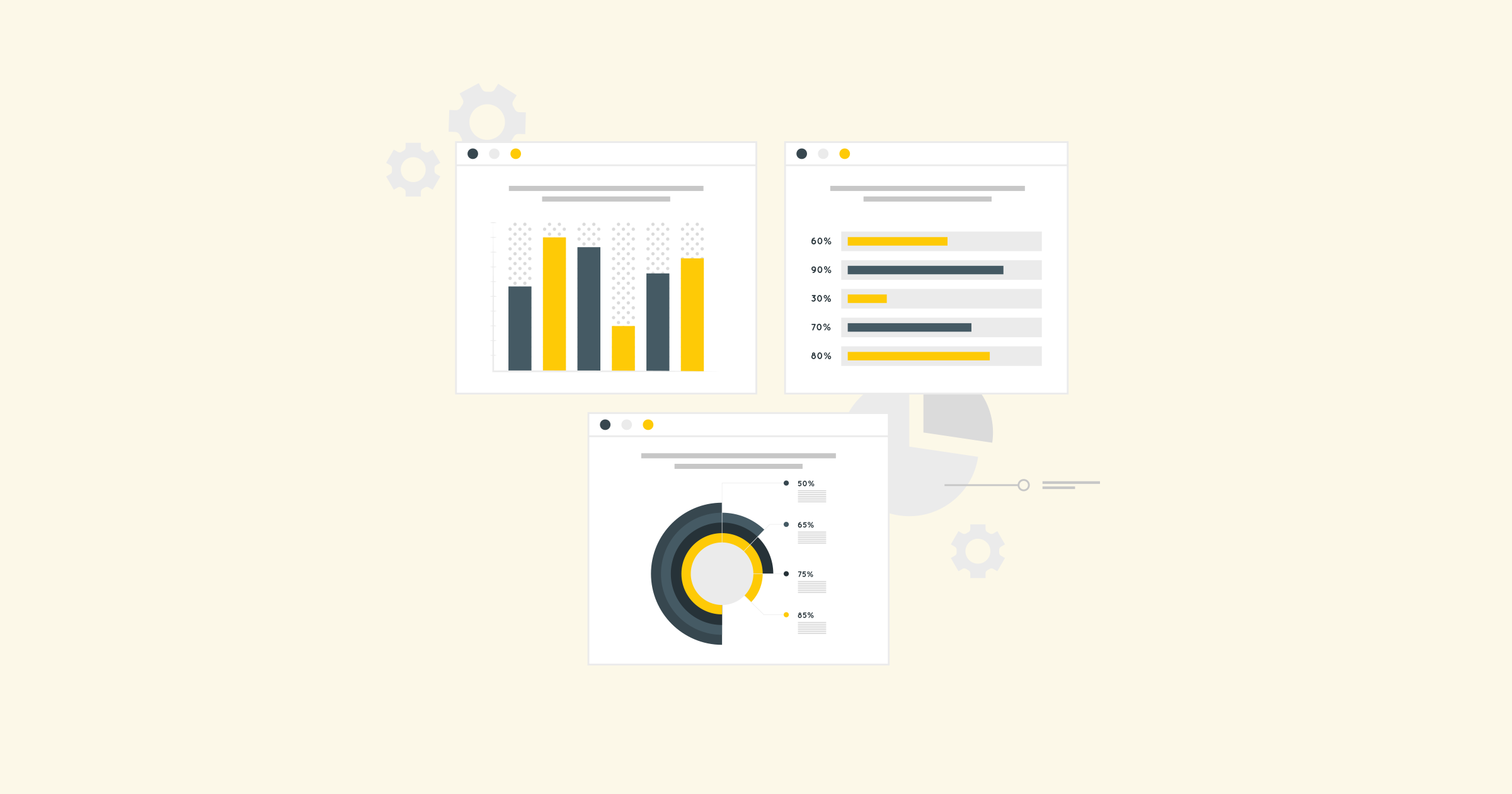Title: Proxying: Definition, Benefits, and Use Cases
Introduction:
Proxying is an essential technology in networking and internet communication. In this blog post, we will explore the definition of proxying, its benefits, and some common use cases. Understanding proxying can help businesses optimize their online presence, improve security, and enhance user experiences.
What is Proxying?
Proxying, also known as proxy server or forwarding, refers to the act of acting as an intermediary between client devices and servers. When a client sends a request to a server, a proxy server intercepts the request and forwards it on behalf of the client. The response from the server then goes through the proxy server before reaching the client. This process allows proxy servers to provide additional services and benefits.
Benefits of Proxying:
1. Enhanced Privacy and Security:
Proxying can provide an extra layer of privacy and security for users. By masking the client's IP address, proxy servers can make it difficult for third parties to track their online activities. This is especially important when accessing public Wi-Fi networks or when additional anonymity is desired. Proxy servers can also filter out malicious content, block harmful websites, and protect against distributed denial-of-service (DDoS) attacks.
2. Improved Performance and Speed:
Proxy servers can cache frequently accessed web content, reducing the load on origin servers and enhancing performance. By storing and serving previously requested resources, proxy servers can decrease latency and improve page load times. This is particularly beneficial for users in remote locations or those with limited bandwidth.
3. Content Filtering and Access Control:
Proxy servers enable organizations to control and filter the content accessed by their employees or users. By implementing access policies, proxy servers can block specific websites or categories, ensuring compliant and secure web browsing. This feature is particularly valuable in educational institutions, corporate environments, and public networks.
4. Load Balancing and Traffic Distribution:
Proxy servers can distribute incoming traffic among multiple servers, optimizing resource utilization and preventing overload. By intelligently routing requests, proxy servers can ensure effective load balancing, increase reliability, and enhance overall system performance. This is especially important for websites or applications with high traffic volume or complex infrastructure.
Use Cases for Proxying:
1. Web Scraping and Data Aggregation:
Proxy servers are widely used in web scraping and data aggregation tasks. By rotating IP addresses, proxies enable scraping large amounts of data from various sources without getting blocked. This is crucial for market research, competitor analysis, and data-driven decision making.
2. Geo-Restriction Bypassing:
Proxy servers can help users bypass geo-restrictions imposed by websites or streaming platforms. By connecting to a proxy server located in a different country, users can access content that is otherwise unavailable in their region. This is useful for accessing international content, bypassing censorship, and improving access to online resources.
3. Anonymous Browsing:
Proxy servers provide a means for anonymous browsing by masking the user's IP address. This can be beneficial for individuals who wish to maintain privacy, bypass online tracking, or access restricted websites without revealing their identity.
Conclusion:
Proxying plays a crucial role in optimizing online experiences, ensuring security, and enhancing performance. By understanding the definition, benefits, and use cases of proxying, businesses can leverage this technology to improve their SEO efforts, protect user privacy, and enhance overall website performance. Implementing proxy servers can provide a competitive advantage and contribute to a successful online presence.





























